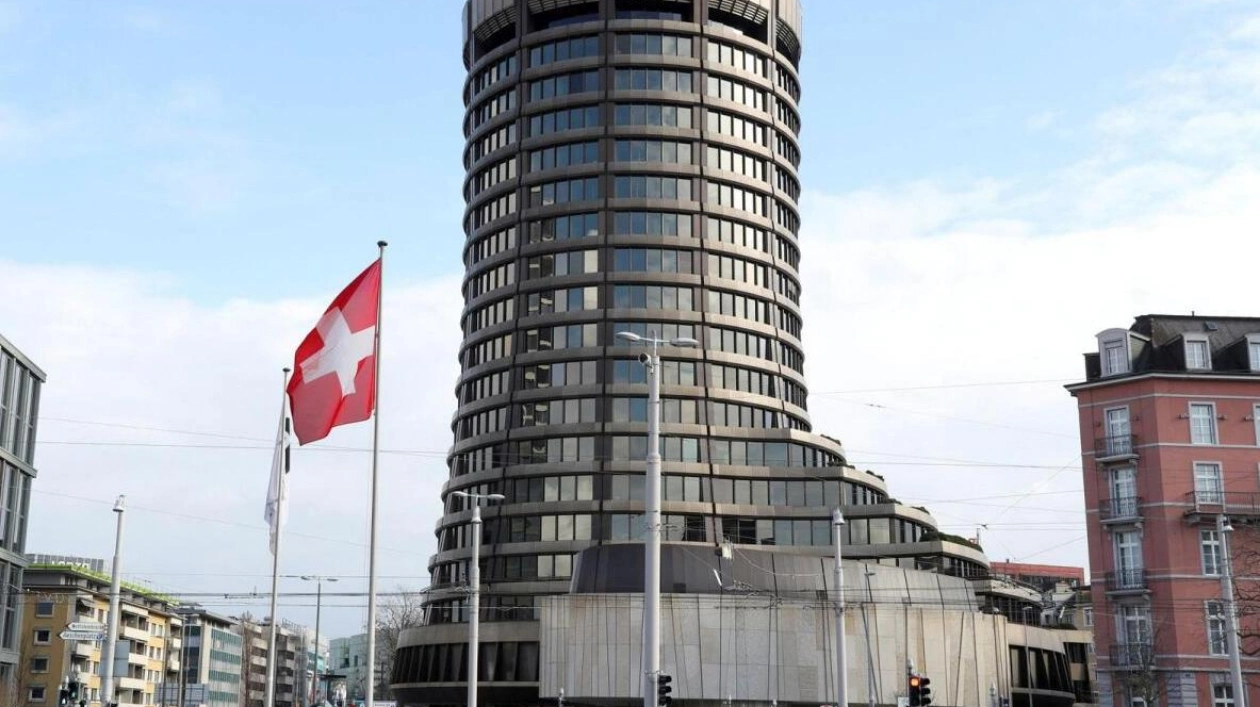The headquarters tower of the Bank for International Settlements (BIS) stands tall in Basel, Switzerland. — Reuters file
The risk of a surge in government debt supply destabilizing financial markets has escalated, according to the world’s leading central banking advisory body. It urged policymakers to act promptly to avoid economic harm. Claudio Borio, the head of the BIS’s monetary and economic department, expressed concern over a potential government debt overload that could disrupt bond markets and spill over into other assets. Although “bond vigilante” attacks, where debt investors sharply increase state borrowing costs to curb fiscal recklessness, have not yet occurred, policymakers should not delay action, Borio advised.
“Financial markets are starting to recognize that they will need to absorb these increasing volumes of government debt,” he said as the BIS released its latest quarterly report. “Policymakers need time to adjust their strategies, and if they wait for markets to react, it will be too late.” Large government budget deficits indicate that sovereign debt could increase by a third by 2028, nearing $130 trillion, according to the Institute of International Finance (IIF).
US President-elect Donald Trump’s proposed tax cuts are expected to add nearly $8 trillion to the nation’s $36 trillion debt, while the UK’s new Labour government raised its five-year borrowing estimates by about £142 billion ($181.55 billion) in its October budget. Bond fund PIMCO announced plans to diversify its government bond exposure by investing outside the US, citing a bearish long-term outlook due to deteriorating fiscal conditions.
The BIS report also highlighted political unrest over France’s budget deficit and expansionary policies in Japan as factors contributing to “the re-emergence of fiscal concerns.” The yield on the 10-year US Treasury, which influences global debt prices, has risen by about 56 basis points since September, reaching around 4.22 percent. Traders widely expect a Federal Reserve rate cut this month, but the BIS report pointed to a supply-demand imbalance in the Treasury market, with dealers holding record amounts of unsold US government debt.
With US Treasury investors facing both debt oversupply and inflationary stimulus spending, Borio noted that there are “more reasons to be concerned now” compared to earlier this year when the BIS first warned about sovereign debt. The depth and liquidity of the $28 trillion Treasury market may shield it from a sudden spike in debt yields for a while, Borio said. “However, this means that when warning signs appear, the impact on the global economy will be more significant,” he added.
Elsewhere in its report, the BIS observed growing uncertainty about where global interest rates will stabilize as major central banks cut rates, even as the global economy remains resilient, driven by strong US growth. Global credit conditions remain “unusually accommodative,” the report noted, and US bank lending standards have eased since the November 5 election, while Wall Street stocks surged. The BIS also highlighted that higher currency market volatility has reduced the incentive for traders to rebuild positions after a sharp unwind in August disrupted global markets.
Source link: https://www.khaleejtimes.com






